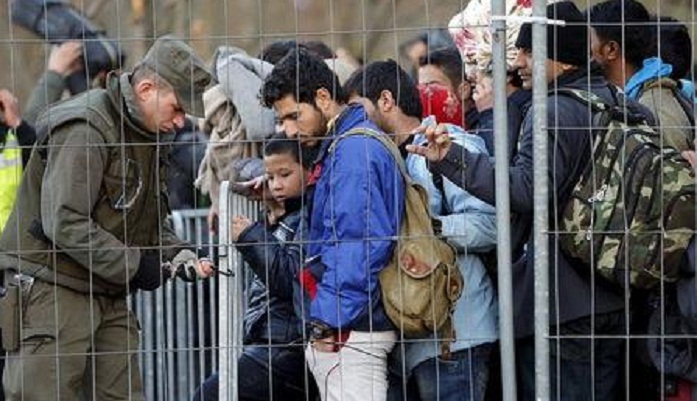"The new restrictions chiefly involve people being profiled on the basis of their claimed nationalities," he said. At the borders between Greece and the former Yugoslav republic of Macedonia, and between Macedonia and Serbia, nationals of Syria, Afghanistan and Iraq are being allowed to cross.
Nationals of other countries are being stopped, leading to protests by about 200 people, mainly Iranians, Bangladeshis and Pakistanis, with some on hunger strike, Edwards said.
"All people have the right to seek asylum, irrespective of their nationality and to have their individual cases heard. Proper information needs to be provided to people affected by decisions at border points, and proper counseling needs to be available," he said.
UNHCR had no information that the new restrictions were directly linked to the Paris attacks 10 days ago that killed 130 people and were claimed by Islamic State militants, he said.
"The environment has significantly worsened for people seeking asylum and that is a concern," he said.
About 858,805 refugees and migrants have arrived in Europe so far this year by sea, primarily to Greece and Italy, while 3,548 have died or gone missing, according to the International Organization for Migration (IOM). Only 148 refugees have been relocated to other European Union countries -- Finland, Luxembourg and Sweden, Edwards said.
More about:
















































